What Does the Word Demon Mean in Greek
These 10 Words Don't Mean Anything Close to What They Look Like
Think twice before you use words like "lackaday" or "nonplussed"—they may mean something quite different than what you'd assume.
 iStock/SIphotography
iStock/SIphotography
These words can be quite confusing!
We're all familiar with the onomatopoeia—a word that phonetically mimics what it describes (e.g. "plop," "achoo," "oink," etc). And we all know that some words—like "hysterical" "ecstatic," and "austere," etc, even manage to look like what they describe, somehow. But what happens when language neither sounds nor looks like its meaning? Below are some examples of words (some familiar, some obscure to the point of being practically obsolete) that most certainly do not mean what their appearance might suggest.
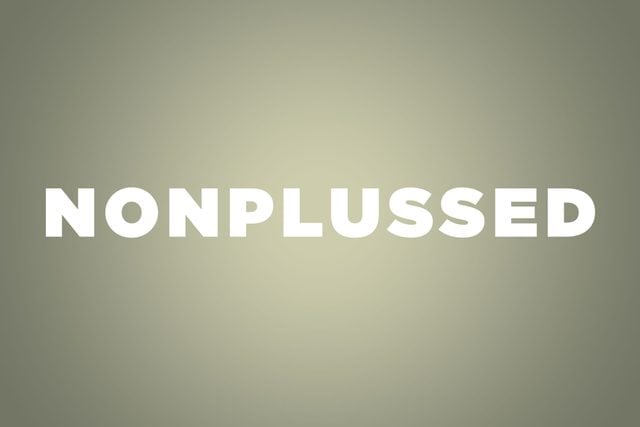 Emma Kapotes/Rd.com
Emma Kapotes/Rd.com
Nonplussed
This is a word that's still quite commonly misused, no doubt because of its deceptive appearance. It looks for all the world like it ought to mean "undeterred" or "confident" or even "stoic" but Merriam-Webster defines it as meaning "to cause to be at a loss of what to say, think, or do." In other words, to be nonplussed is to be disconcerted, ill-at-ease, confused, and/or rattled—all states that are the polar opposite of being cool as a cucumber. Here are other surprising words that mean the exact opposite of what you think.
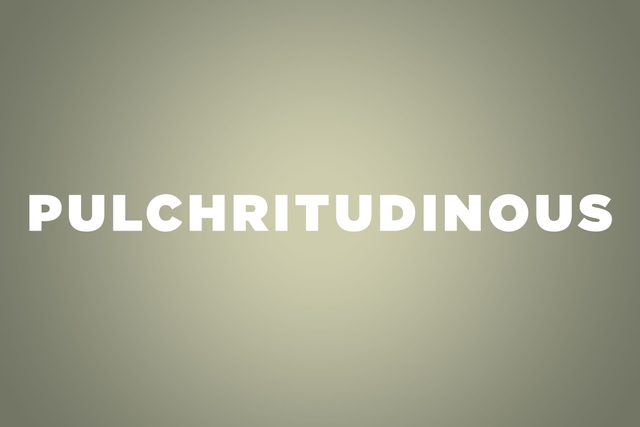 Emma Kapotes/Rd.com
Emma Kapotes/Rd.com
Pulchritudinous
An intricately ugly word that looks like it ought to refer to some variety of foot fungus. (Maybe: "A few days after she went barefoot in the locker room, an unseemly pulchritudinous rash began to creep up between her toes"?) However, the word actually means "extremely physically beautiful." So if someone walks up to you in a bar and tells you that you're one of the most pulchritudinous people they've ever seen, there's no need to throw a drink into their face. Learn the correct meanings of these words you've totally been using wrong.
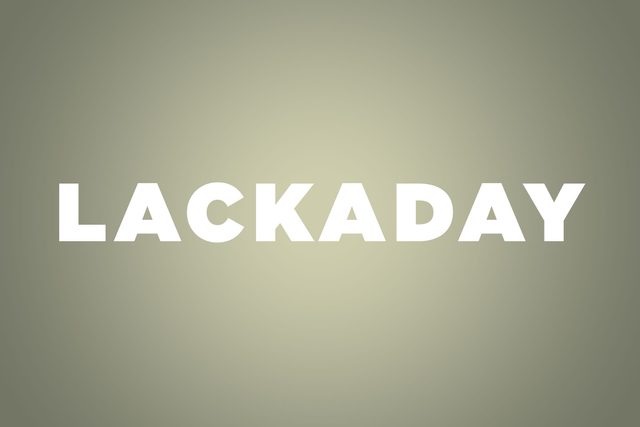 Emma Kapotes/Rd.com
Emma Kapotes/Rd.com
Lackaday
This word looks like it means blithe, lazy, and/or disinterested, like someone idly pulling the petals off a daisy, but it actually means "to express regret or deprecation."
 Emma Kapotes/Rd.com
Emma Kapotes/Rd.com
Puissant
This word looks like it should refer to the radiantly fanned out, kaleidoscopic feathers of a courting peacock, doncha think? Alternately, it looks like it should describe huge, fabulous bouffant hair (think Debbie Harry in the original Hairspray.) However, it actually means, "having great power or influence." Which is kind of what a courting peacock is going for, I guess. These power words can help you instantly get what you want.
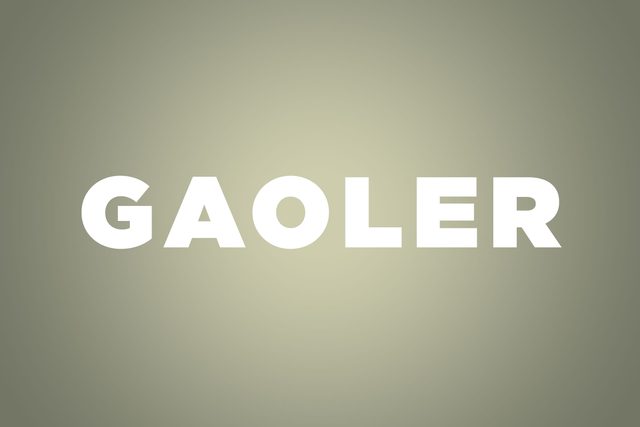 Emma Kapotes/Rd.com
Emma Kapotes/Rd.com
Gaoler
This word comes to us from Shakespeare's Cymbeline. Though it looks like it ought to mean "singing, warbling bird"—or perhaps "band of tipsy carolers"—it actually refers to a jailer or prison guard. It can also be used, more broadly, to refer to "prisons and parts of prisons." Here are some more uncommon English words we don't use anymore, but totally should.
 Emma Kapotes/Rd.com
Emma Kapotes/Rd.com
Swoopstake
Swoopskate kind of sounds like it should refer to a band of buzzards swooping down on a kill, or an angry mob swooping down on a newly-discovered den of vampires. It's real meaning: "in an indiscriminate manner." (Which is not that much of a departure from the buzzard vision, in that said birds are pretty indiscriminate about what they'll eat. A long as said meal fits the "discriminating" criteria of being dead first, of course.)
 Emma Kapotes/Rd.com
Emma Kapotes/Rd.com
Sphallollia
This word sounds like it should mean a kind of pasta, or an Italian desert (maybe because of its slight visual similarity to spumoni, which is a quite delicious Italian ice cream) but it actually means "flirtatious talk that leads nowhere." ("Enough of your sphallollia!" she exclaimed. "Let's make haste into the boudoir".) Here are some funny words that sound made up, but are in fact completely real.
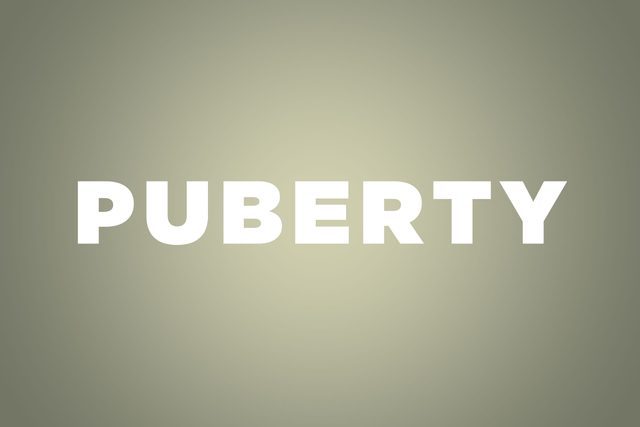 Emma Kapotes/Rd.com
Emma Kapotes/Rd.com
Puberty
Since this word refers to the process of sexual maturation, and therefore basically means "to blossom into woman [or man] hood," one would think that it would look more beautiful and complex than it does—more akin to a flower. However, it's a word that looks as ugly as a bald vulture.
 Emma Kapotes/Rd.com
Emma Kapotes/Rd.com
Ignoscency
Ignoscency is a basically archaic word that sounds like a state of ignorance. However, it actually means "forgiveness" or "to have a forgiving nature." Which is a quality that non-ignorant people generally try to cultivate.
 Emma Kapotes/Rd.com
Emma Kapotes/Rd.com
Defenestration
This sounds like it ought to mean "fencing as an art of self-defense" (or "the process of thoroughly defrosting a refrigerator") but it actually means "the throwing of a person or a thing out the window." Merriam-Webster also defines it as "a swift dismissal or expulsion (as from a political party or office)." Not a bad term to keep in mind for the upcoming midterm election season. Next, check out these words you hear all the time that used to mean completely different things.
Originally Published: May 11, 2018
Sign up for articles sent right to your inbox
Enjoy the best stories, advice & jokes delivered right to your inbox!

Subscribe & SAVE Save Up To 84%!
What Does the Word Demon Mean in Greek
Source: https://www.rd.com/list/words-do-not-mean-what-you-think/